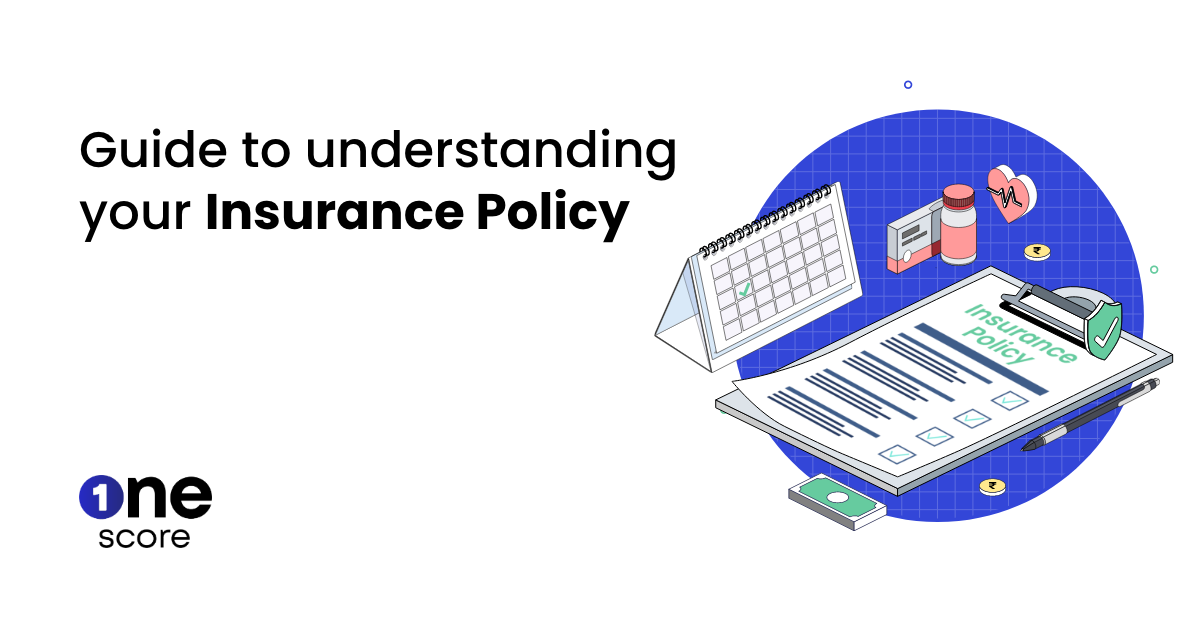The Parcel Scam : how to practice caution

Cyber crimes have only grown more rampant in the recent past, from being perceived as a technical issue to becoming a strategic threat for businesses and individuals alike. The global cost of cyber crimes is anticipated to rise astronomically, from USD 9.22 trillion in 2024 to USD 13.82 trillion by 2028.
In an increasingly digitised environment, online services are now essential, even when it comes to buying daily groceries and paying for utilities. But with unprecedented speeds and efficiency comes new vulnerabilities that are equally unforeseen in reach and scale. Cyber crime is perhaps the most sophisticated example of this phenomenon. While the global statistics are shocking, India isn’t far behind, with the nation’s capital registering 755 cases per 100,000 people in 2023 alone—the highest in the country.
The FedEx Parcel Scam
One of the most recent and notorious cyber crimes that has been duping urban residents across the country is the FedEx Parcel Scam. It involves a fake courier where cybercriminals call the victims posing as FedEx staff and enforcement personnel, accuse them of smuggling illegal substances, and extract money to establish their credentials. What’s worse is that they also seem to know your Aadhar number and claim that it’s linked to the alleged parcel. A Bangalore-based journalist has been one of the more recent victims of this fraud, which cost him INR 1.2 crore. Investigations revealed that the laundered money has been transferred to several states across the country, including Bihar and Kerala, and also to Dubai.

Also Read: A Beginner’s Guide to Avoiding Fraudulent Loan Apps
Cyber experts and other veterans in various fields have offered their views on such frauds and shared helpful tips to look out for. Courier companies like FedEx don’t make calls and only send a docket number instead, in the case of such incidents. For international orders, an item confiscated by customs warrants a legal notice; government officials don’t make individual calls to suggest that you transfer money to help you out of the predicament. It’s as simple as knowing that for state- or nation-level law enforcement agencies, calls, WhatsApp messages, or SMS are never the mode of communication. In the event of any financial offence, the suspect or accused is asked to appear before an investigating office.
According to Nitin Kamath, CEO, Zerodha, “the best thing is to say, I will get my lawyer to speak to you; it doesn’t matter even if you don’t have a lawyer. Most fraudsters prey on people who panic and react instinctively.” He also highlights the chronic persistence of the crime; it’s a common scam, and the wisest action would be to disconnect and verify the authenticity of the call directly with the company.
Let’s look at some more ways to be vigilant and signs to recognise scammers:
Warning Signs
The first step to preventing fraud is to recognise the common warning signs. Urgency is usually a glowing red flag. Most scammers feign a sense of urgency while asking for money and also demanding your personal and financial information. Others make grand claims that you have won a large amount of money. In particular, pay attention to any link that, when clicked, warns you that the connection may not be secure. It’s your browser sensing a potential security breach.
Helpful Tips for Parcel Scams
Specifically, in the context of parcel-related scams, look out for emails and messages pointing to a problem with your package. Moreover, using secure methods of payment not only helps keep the record straight but also creates better avenues for you to dispute a fraudulent charge. Also, proactively monitoring your loan and credit scores, like on the OneScore app, is of immense help while tracking your expenditures. Most courier companies also emphasise the importance of keeping your website accounts’ passwords and credit card number confidential and using only your personal device while inputting sensitive information. Lastly,while cybercriminals have honed their skills to dangerous levels, keeping your browser and software updated still goes a long way.
Also Read: Common Credit Card Scams in India and How to Avoid Them
In the event of a scam, the police can help you block your bank accounts and file a case by calling 1930, the national Cyber Crime Helpline Number. Alternatively, you may call 112, the pan-India emergency helpline number, to report a suspected scam call.
With the world being hyperconnected, everything available on the Internet carries a bit of risk. While many are warning against the seemingly unstoppable threat of cybercrime, a billion others, however, are naively unaware of the insidious ways in which cybercriminals operate in a digitally menacing landscape. Educating oneself on the occurrence and prevention of such crimes can be a way to mitigate the threat. This is especially important for business leaders, who must work on planning, developing, and deploying state-of-the-art technology and protect users from breaches. And as for the rest of us, a little caution can go a long way.
**Disclaimer: The information provided on this webpage does not, and is not intended to, constitute any kind of advice; instead, all the information available here is for general informational purposes only. FPL Consumer Services Private Limited and the author shall not be responsible for any direct/indirect/damages/loss incurred by the reader in making any decision based on the contents and information. Please consult your advisor before making any decision.




Health Insurance Glossary: Terms and conditions you must know of


- OneScore , April 04, 2024

